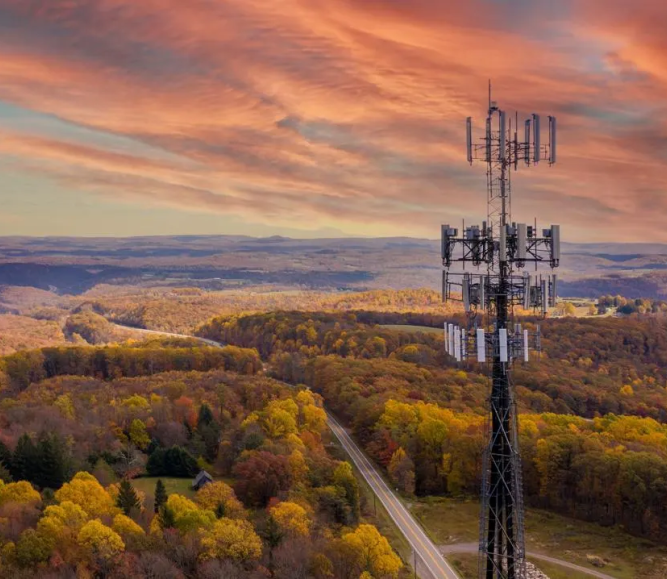Senate passes Joint Resolution to discontinue purchasing of wi-fi hotspots through E-Rate Program
Author

Seamus Dowdall

Emma Conover
Upcoming Events
Related News

Key Takeaways
On May 8, the U.S. Senate passed Senate Joint Resolution 7 with a vote of 50-38, which rescinds a 2024 Federal Communications Commission (FCC) order that allowed the purchasing of Wi-Fi mobile hotspots through the E-Rate program. The rule came amidst a broad increase in the purchasing of Wi-Fi hotspots by local governments and anchor institutions to support mobile connectivity for students on buses or in unconnected homes during and after the COVID-19 pandemic.
The E-Rate program is a part of the Universal Service Fund, which is currently undergoing Supreme Court review to determine if the funding mechanism for the USF is constitutional. Counties support the full local flexibility of the E-Rate program and a continuation of funding to meet community needs for digital adoption and to close the homework gap.
What is the background?
The E-Rate program is one of the four subsidy programs provided by the Universal Service Fund, that focuses on making telecommunications and information services more affordable for schools and libraries.
The E-Rate program has historically functioned by allowing eligible entities to request universal service discounts for qualifying telecommunications services that are generally divided into category one services or category two services. Category one services generally include the provision of connectivity to eligible locations, such as data transmission and internet access services, while category two services generally include the provision of connectivity within eligible locations, such as internal connections (such as routers and switches), managed internet broadband services (such as managed wi-fi), and basic maintenance of internal connections. Counties often work directly with school systems or libraries to navigate E-Rate support and eligibility.
In 2024, the FCC developed the E-Rate Hotspot Rule to support eligibility for the off-premise use of mobile hotspots for students or patrons who may experience a lack of connectivity to school activities and functions as a result of not having adequate broadband connectivity in the home. In their ruling, the FCC determined that the off-campus use of such a service was integral to the education of students and thus qualifying for universal service E-Rate discounting.
What is the county impact?
Counties support full flexibility within the E-Rate program for recipients to apply for discounted off-premise services to meet community needs. During the COVID-19 pandemic, counties across the country deployed wi-fi hotspots across communities who lacked sufficient bandwidth to provide coverage support for students who were being left behind as classrooms became virtual. Counties have recognized the success of deploying mobile hotspots to support students’ and patrons’ universal access to the Information Age as key to supporting education goals.
Counties urge Congress to protect the flexibilities created under the E-Rate Program to ensure local governments can meet the unique needs of their communities, while establishing safeguards in the prioritization of on-premises equipment and connectivity through the E-Rate program.
NACo will continue to monitor this development and provide updates to membership.
Advocacy
Congressional leaders introduce bipartisan bill to strengthen technical assistance for rural broadband
The Rural Broadband Assistance Act strengthens local access to federal broadband programs by codifying USDA’s Broadband Technical Assistance Program and ensuring continued support for broadband deployment in rural communities.



